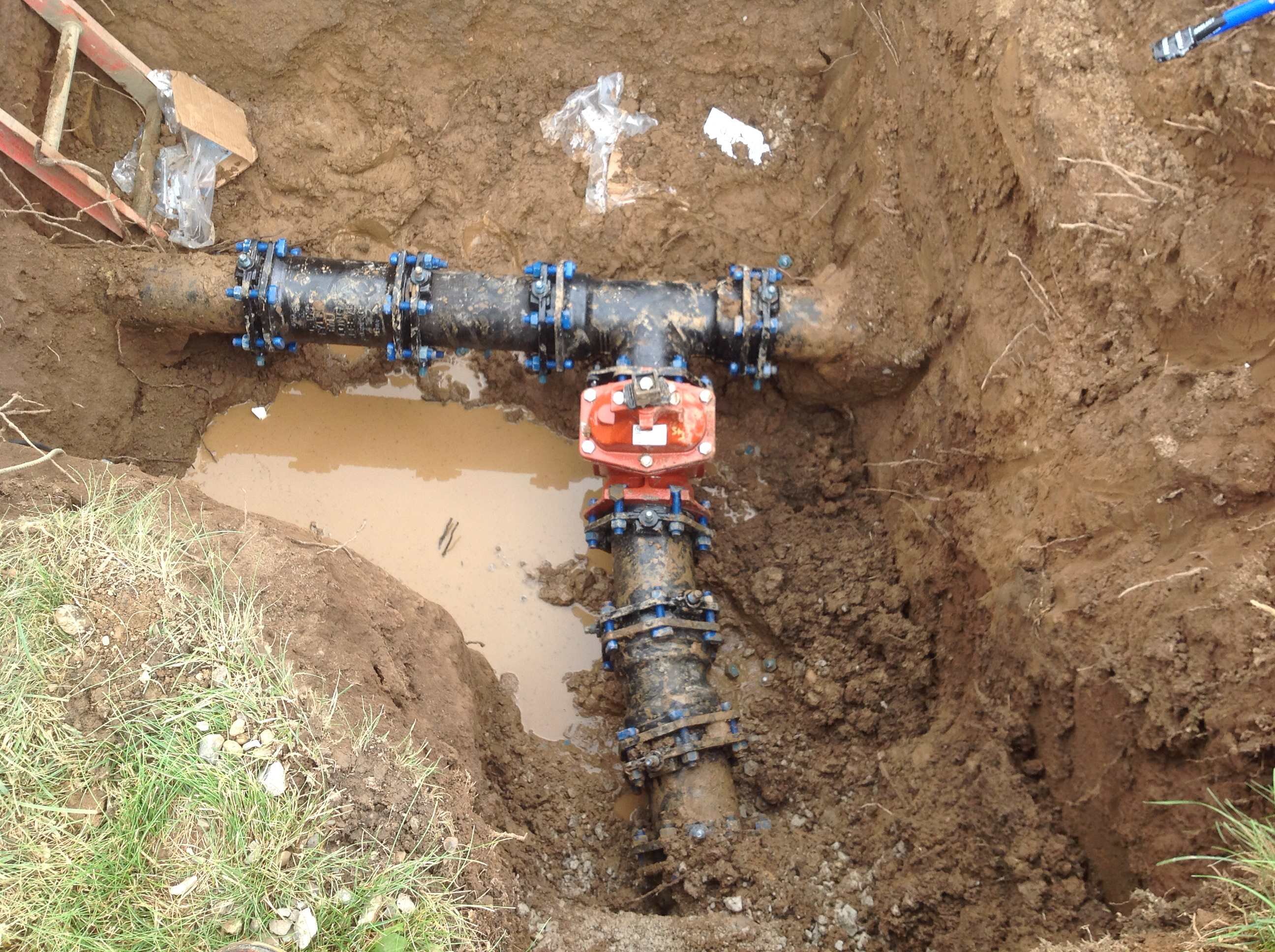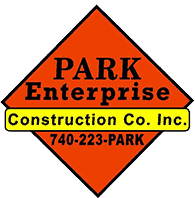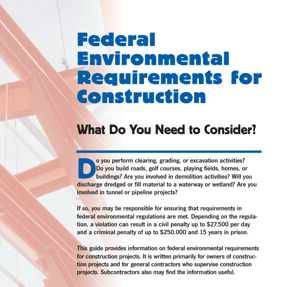
There’s an old adage: “An ounce of prevention is worth a pound of cure.”
Underground utilities affect not only your commercial property, but potentially an indefinite amount of properties around you, as well. These aren’t merely pipe problems. Entire communities can lose power, water, electricity, gas, and more if your construction contractors are not careful. Negligence can even cause injury or death. That’s why we have common-sense regulations and processes for due diligence.
Underground Utilities Jobs Require Strict Monitoring & Planning
Here in Central Ohio, we must be on the same page with the property owners, municipalities, government regulators, and subcontractors when necessary. Underground pipes on some properties may have been forgotten for decades and still could pose a threat.
County by county, many municipalities abide by ODOT (Ohio Department of Transportation) or City of Columbus utility coding and specifications. While many localities “speak the same language” when it comes to underground utilities, the process can differ slightly from place to place.
Here’s what we mean.
Pipe Problems around Marion, OH
Each county or jurisdiction can be quite similar, with some adding their own special flavor to its requirements before a contractor can begin underground utility work. Generally, we’re dealing with permits and approvals, especially when it comes to installing or repairing:
- Sanitary sewer lines
- Storm sewer lines
- Water service lines
Any number of government agencies (from township Boards of Public Utilities to the federal Environmental Protection Agency, in some cases) also will want to receive a copy of detailed plans and drawings before approving work permits.
In the City of Marion, contractors must obtain sanitary sewer permits which include an excavation permit and right-of-way permit. No matter the underground utility job, upon completion the contractor must set up an appointment with a city inspector to visit the site and examine what has been installed or repaired. If approved, the hole or trench can be backfilled to complete the job.
Pipe Problems around Columbus, OH
Working with underground utilities in the big City of Columbus is a different beast entirely. Just one hour south of here you still have to obtain similar permits as anywhere else, but permit fees and inspections must be paid up front. Columbus further requires proof of plans and specifications be approved before digging. Anything (and everything) specific to that job must be presented in full before moving forward.
When completed, the same strict inspection protocol still applies.
Knowing the Best Underground Utility Digging Method
Your contractor must decide the best method for your project between open cut, directional bore, or jack and bore. At times, the right choice is obvious when digging for underground utilities. Other times, you may have to plan routes around (or rather, below) nearby obstacles - and consider your budget.
Making sure you hire an experienced underground utility contractor is the only way to guarantee the best decision is made to promote efficiency, accuracy, and safety.
Disciplined Planning Can Help to Avoid Serious Underground Utility Problems
We’ve said it time and again: Construction regulations are in place to protect you, your property, your neighbors, and the workers doing the job.
The length of time it takes for approval can vary by project type and scale. Lateral lines for individual properties’ sanitary sewers connecting to a main line can be a matter of days, while a larger hook-up for an entire subdivision could take weeks or months. That’s why it’s important to develop a plan with your general contractor - and if necessary, engineers and architects - to ensure everyone involved has the information needed to make safe and efficient decisions.
Don’t try to wing it on your own. Entrust a civil construction company with experience cutting red tape before getting down to the dirty work.
(Related reading: Pipe Problems: Call OUPS to Avoid a Utility Oops)




